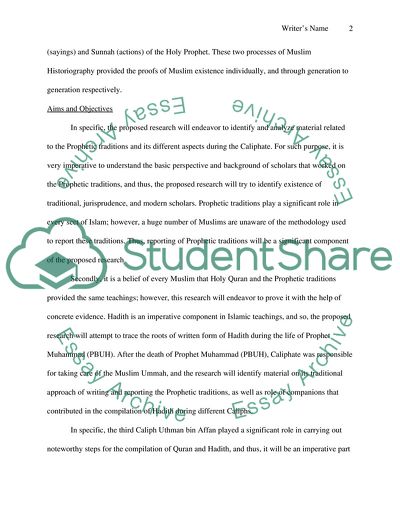Cite this document
(Islamic Studies Research Proposal Example | Topics and Well Written Essays - 1250 words, n.d.)
Islamic Studies Research Proposal Example | Topics and Well Written Essays - 1250 words. https://studentshare.org/religion-and-theology/1727012-islamic-studies
Islamic Studies Research Proposal Example | Topics and Well Written Essays - 1250 words. https://studentshare.org/religion-and-theology/1727012-islamic-studies
(Islamic Studies Research Proposal Example | Topics and Well Written Essays - 1250 Words)
Islamic Studies Research Proposal Example | Topics and Well Written Essays - 1250 Words. https://studentshare.org/religion-and-theology/1727012-islamic-studies.
Islamic Studies Research Proposal Example | Topics and Well Written Essays - 1250 Words. https://studentshare.org/religion-and-theology/1727012-islamic-studies.
“Islamic Studies Research Proposal Example | Topics and Well Written Essays - 1250 Words”. https://studentshare.org/religion-and-theology/1727012-islamic-studies.


